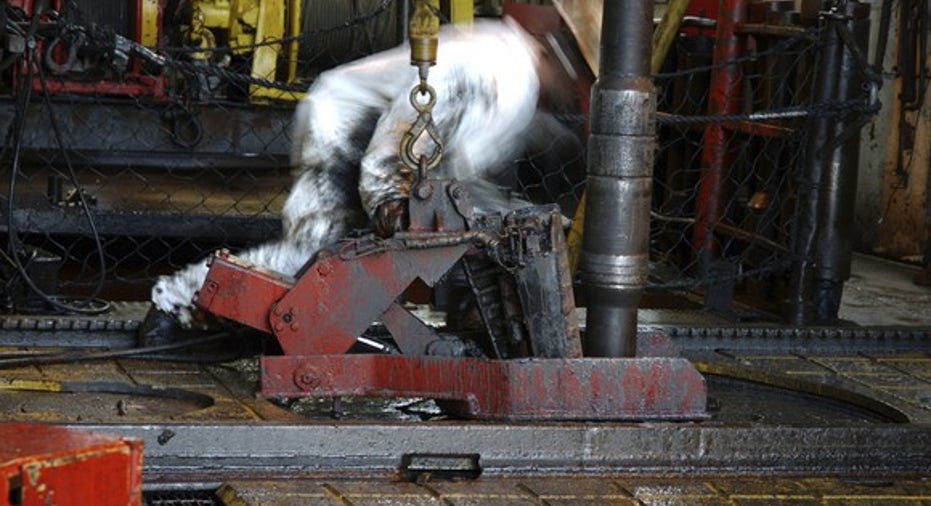Why Seadrill Ltd's New Billion-Dollar Contracts Won't Save Shareholders

On April 11, offshore drillerSeadrill Ltd(NYSE: SDRL) announced some very good news for a change. The company said, in a press release, that it had secured 10-year contracts for two offshore drilling vessels, worth $1.4 billion in long-term revenue. And while the company did sacrifice some short-term revenue, since the agreements included reductions in near-term dayrates, the contracts are an unequivocal win for Seadrill.
But that doesn't necessarily mean they're a good thing for current Seadrill shareholders. Let's take a closer look at why investors shouldn't count on an upside.
Image source: Getty Images.
Seadrill's new contract extensions
According to the release, Seadrill subsidiary North Atlantic Drillingreached agreement with a subsidiary ofConocoPhillipsto extend the contracts on theWest ElaraandWest Linusjack-ups.
The West Elara contract is set to commence in October 2017, under a fixed dayrate term until March 2020. From April 2020 until October 2027, the contract will shift to an indexed dayrate, based on market rates for similar rigs. Combined, this new contract is worth $690 million in backlog, before any performance bonuses.
The West Linus contract is set to commence on May 2019, when the current contract was set to expire. The company agreed to reduce the current contract by approximately $58 million, but estimates the extension to add $706 million in backlog before performance bonuses. This new extension is also indexed to market rates for similar vessels.
Why the news probably doesn't matter for shareholders
At this point, it's a near-certainty that Seadrill will continue to operate as a going concern, no matter how long the downturn in offshore drilling activity lasts. The company owns some of the most capable, safest, and most efficient drilling rigs operating on the water, and while this hasn't made it immune from the downturn, it will allow it to get in the few doors that open for new drilling work.
These recent extensions demonstrate the confidence oil producers have in the company, its drillships, and its employees.
But there's a significant difference between Seadrill's ability to remain a viable, competitive company, and what happens to common shareholders in coming months. One only has to look at Seadrill's annual report, released on April 26, to realize how likely it is that common shareholders will get, at the very least, severely diluted -- if not completely wiped out -- before the end of 2017 (emphasis mine):
Looking ahead: Shareholders are last in line
Seadrill's operating assets are a valuable asset, and over the past couple of years management has made significant progress in deleveraging the balance sheet. But the reality today is that the company hasn't been able to reach an agreement with its debtholders and bankers to move forward in a way that won't negatively impact common shareholders.
And as owners, shareholders stand last in line -- behind secured debt, bond, unsecured debt, and suppliers -- when it comes to getting a piece of the pie. As things stand today, there's some chance that current shareholders will still own a fraction of the company when restructuring is complete, but it's a risky bet to count on their piece being worth much more than it is today.
That downside risk is what investors should probably be paying attention to right now, instead of hoping for a potential upside.
10 stocks we like better than SeadrillWhen investing geniuses David and Tom Gardner have a stock tip, it can pay to listen. After all, the newsletter they have run for over a decade, Motley Fool Stock Advisor, has tripled the market.*
David and Tom just revealed what they believe are the 10 best stocks for investors to buy right now... and Seadrill wasn't one of them! That's right -- they think these 10 stocks are even better buys.
Click here to learn about these picks!
*Stock Advisor returns as of April 3, 2017
Jason Hall owns shares of Seadrill. Jason Hall has the following options: long July 2017 $3 calls on Seadrill. The Motley Fool has no position in any of the stocks mentioned. The Motley Fool has a disclosure policy.



















